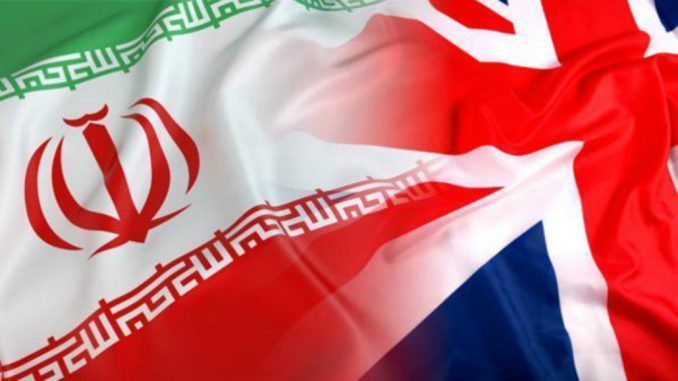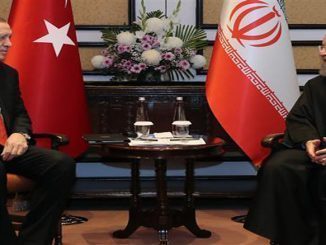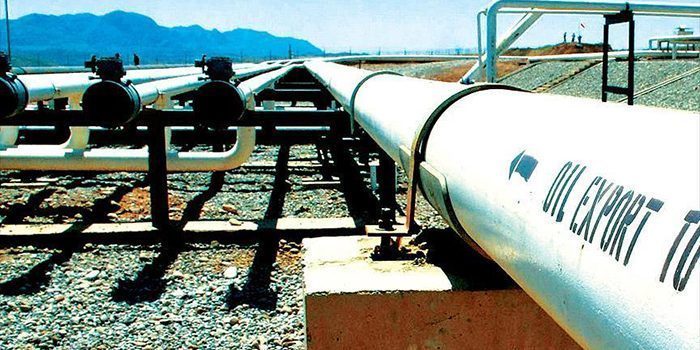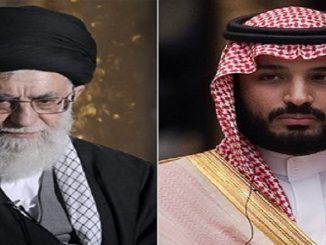
British companies were part of numerous economic deals with Iran worthing billions of dollars after lifting the sanctions in 2015, but are still open for more investment opportunities in the growing Iranian market.
Iran made a historic nuclear deal with P5+1 powers in 2015, in which Tehran agreed to amend its nuclear output in order to lift all nuclear-related economic sanctions, freeing up tens of billions of dollars in oil revenue and frozen assets.
After lifting the sanctions, Iranian president Hassan Rouhani visited Europe and made deals that worth billions of dollars. European companies started looking for investment opportunities in the growing Iranian market.
The Iranian government also sought deals with western companies to develop and maintain its natural resources such as Oil and Gas.
In addition, Iran has made new trade relations with many European countries to widen the Iranian market and help in modernizing the country’s infrastructure and its public transport.
UK seeks investments in Iran
Iran is embarking on an ambitious investment drive as it emerges from decades of isolation imposed by international sanctions.
The key infrastructure projects required includes the expansion of its 10,223km long state-owned rail network which supports industrial and commercial corridors and is expected to expand to over 25,000km by 2025, according to consultancy firm Ipsos.
In addition, all 54 of Iran’s airports are expected to require significant upgrades and Iran is planning to build 7 new international airports over the next decade.
The state carrier, Iran Air, has already placed orders with Airbus for 114 new aircraft and it is estimated that another 600 new airplanes will be needed in the next decade.
In 2016, the Iranian authorities hinted to a possible economic cooperation with China on new deals and investments that are worth up to $600 billion in the next ten years. Therefore, many countries, including the US, sought to have a share in the Iranian cake and benefit from its growing market.
“Is there an opportunity here for UK business? Of course, there is,” said Amanda Clack, head of Infrastructure and consultancy EY.
“Deliverability is key and contracts could be won by British companies on the basis of professionalism. These skills are underpinned by high standards and regulation which means the companies are more likely to offer a robust approach to the work.
“You want to know that your investment is in good hands. It’s about de-risking the project,” she said.
However, companies will be looking carefully at the risks surrounding Iran, she added.
The latest UK government figures indicate that from January to October 2016 the value of UK exports to Iran had continued to rise and was 42pc higher than the value of exports in the same period in 2015.
The British Iranian Chamber of Commerce (BICC) has said the main problem in increasing British-Iranian trade lies in the absence of banking facilities because of the fear by European banks of American primary sanctions against Iran which were retained even after the Iran nuclear deal in late 2015.
“Until the American election, there were indications that some UK banks were willing to handle direct transactions with Iran under certain conditions. Since then attitudes of the banks seem to have become more cautious and restrictive,” the BICC said.
Iran sold its first cargoes of natural gas condensate and crude oil to British in October last year. National Iranian Oil Company (NIOC) said the state-backed oil giant sold a cargo of one million barrels of natural gas condensate to BP as well as the second cargo to an unnamed British company.
Iran has been seeking new customers for its crude oil and condensate production as it works to boost its output and export levels. The oil state is hoping to further increase its daily output to approximately 6 million barrels a day within the next 5 years, but this is highly dependent on whether Iran will be successful in attracting investment from oil majors.
Iran also hopes to secure large investments into its unexplored and underdeveloped natural gas sector.



